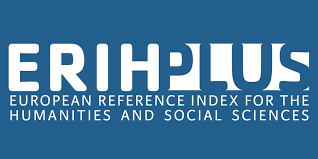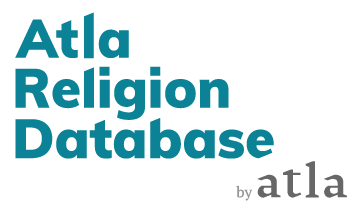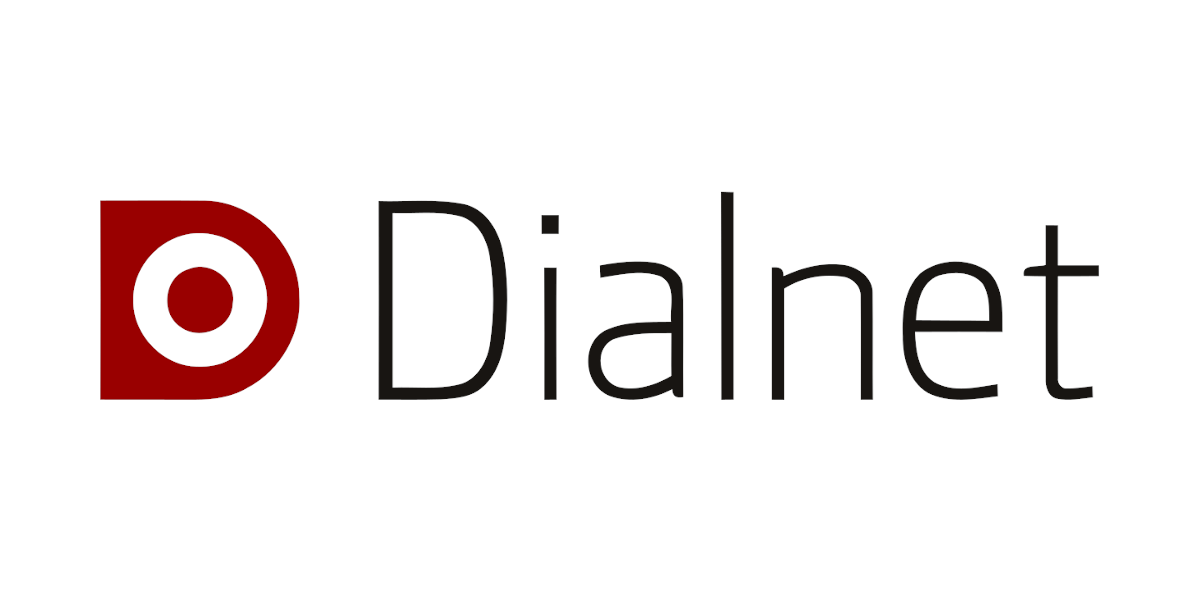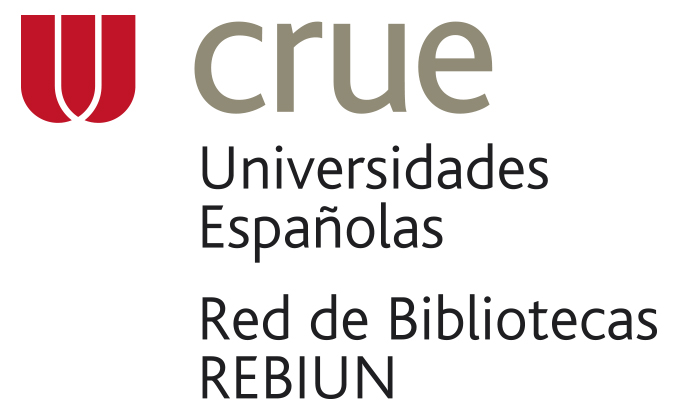Originality, data and preservation policy
Preprints Policy
Anales de Teología recognizes the importance of preprints as a legitimate scientific communication practice that promotes the early dissemination of knowledge and academic dialogue. However, in accordance with its double-blind review policy and the philosophical nature of its editorial line, the journal only accepts unpublished works that have not been previously disseminated as preprints. This decision seeks to ensure the impartiality of the review process, avoid interference with anonymous evaluation, and guarantee that the first formal academic publication of the text takes place in the journal.
Once the editorial process has been completed, authors may deposit the accepted article or its final version (postprint) in institutional or thematic repositories, provided that the complete reference to the original publication in Anales de Teología is clearly indicated, along with the DOI link when applicable. Through this policy, the journal seeks to balance open knowledge dissemination with strict compliance with ethical standards of academic publishing.
Digital Preservation
Anales de Teología implements various processes to ensure permanent accessibility to its published files. These include:
- Permanent backup copies of its server and files.
- Continuous updating of the software used.
- Metadata protocol.
- Use of DOI.
- Availability of downloadable reading formats, allowing easy reproduction.
Anales de Teología is part of the Public Knowledge Project’s Private LOCKSS Network (PKP-PLN), which generates a fully decentralized system distributed among different collaborating libraries. This network creates permanent archives of the journal, preserving its original contents and enabling restoration if necessary.
The editorial manifest can be found here.
Data Deposit
Anales de Teología promotes transparency and traceability of materials used in philosophical research, broadly understood as textual corpora, documentary sources, unpublished translations, or analytical materials developed by the authors. In cases where an article relies on such resources, authors are encouraged to ensure their preservation and accessibility through institutional or thematic repositories that guarantee their long-term preservation and public availability.
These materials should be deposited in repositories that provide recognized standards of digital preservation and assign persistent identifiers (such as DOI or equivalent). Authors will retain the intellectual property rights of the deposited materials and must clearly indicate in the article the reference and permanent link to the resource. Through this policy, the journal aims to promote the responsible openness of knowledge while respecting the methodological and hermeneutical particularities inherent to the philosophical discipline.















